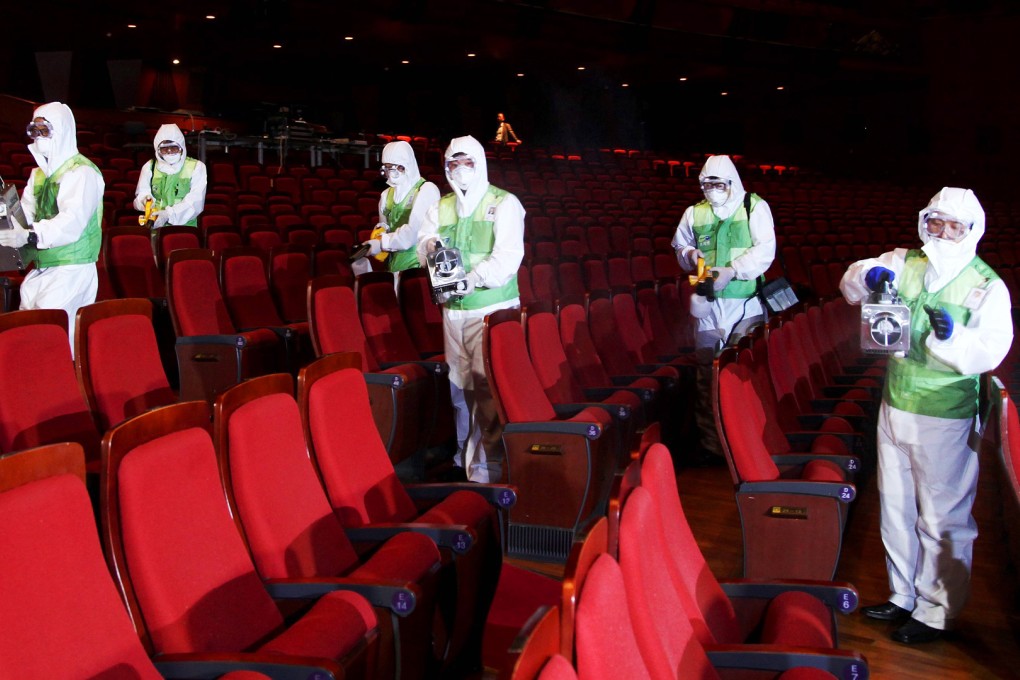Update | China, US team up to develop cure for Mers virus as South Korea reports 19th death
An antibiotic is in the works and has already proven effective on animals, mainland official says

Fudan University and the United States’ National Institute of Health are jointly developing a Mers antibiotic, as South Korea on Monday reported its 19th death in the outbreak that has badly affected its tourism industry.
More than 100,000 travellers have stayed away from South Korea because of the deadly Middle East respiratory syndrome. The country was expected to lose US$2.3 billion in tourism if the situation did not improve, a South Korean official said.
Guangdong’s Mers response team leader Zhong Nanshan said the antibiotic that Fudan University in Shanghai and the US agency were developing had been proven effective on animals.
Fudan academic Jiang Shibo said his team had designed a Mers-resistant polypeptide HR2P that inhibited the deadly Mers virus from infecting cells.
Jiang was quoted by China Science Daily as saying his team was improving the antibody to produce a soluble antiviral drug that was more stable and active.
The US requires any new drug to undergo four phases – laboratory tests, animal testing, trials on humans and approval from the US Food and Drug Administration – before it can be marketed.